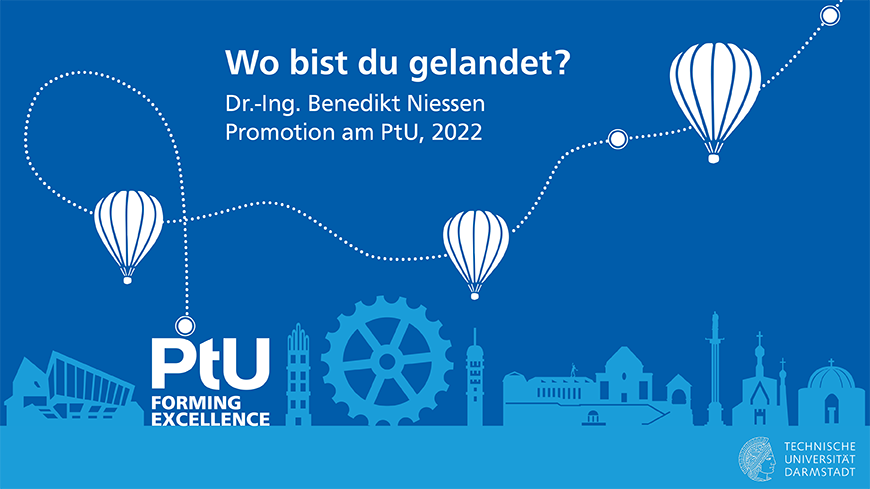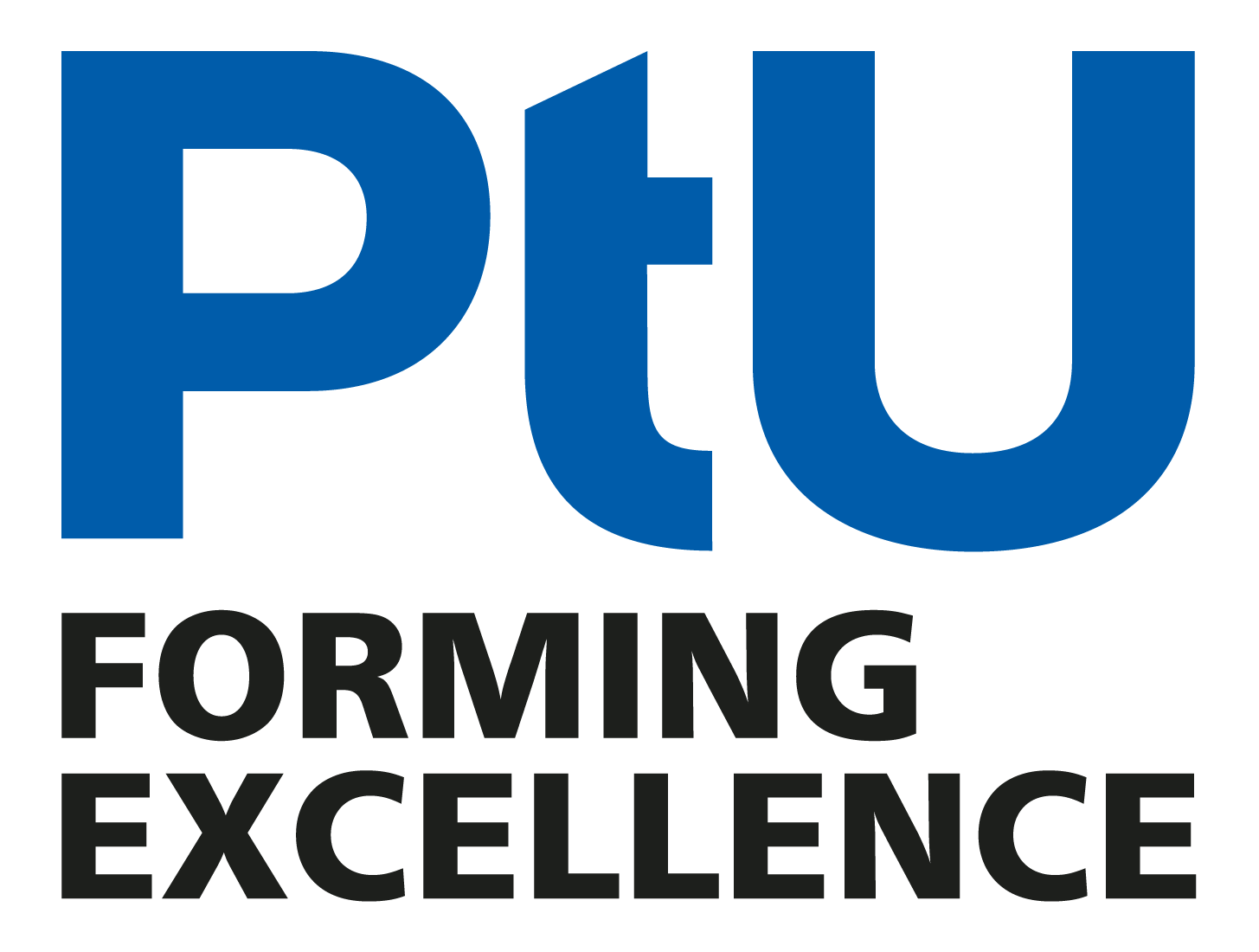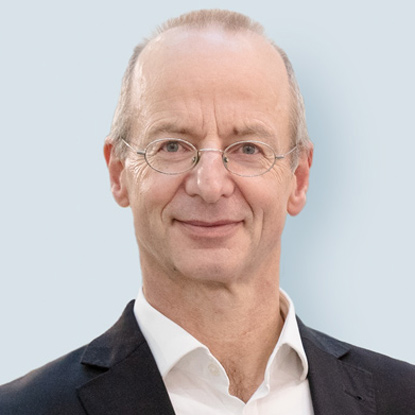7 questions for Benedikt Niessen – The PtU alumni survey
2024/10/08

Interview with Dr.-Ing. Benedikt Niessen. Benedikt completed his PhD at PtU between 2016 and 2022 and currently works as a project engineer in the semiconductor division at Carl Zeiss SMT GmbH (Semiconductor Manufacturing Technology).
Hello Benedikt, thank you very much for taking the time for this interview.
Why did you decide to do a PhD?
During my Master's thesis, I was also working as a research assistant (HiWi) at PtU. This allowed me to grow into the community and I enjoyed the scientific collaboration with the other research assistants. During my Master's thesis, I was asked whether I would like to apply for a PhD. I was very happy to take up this opportunity and started as a research assistant at the PtU after completing my Master's thesis.
What are the key aspects of working as a research assistant for you?
For me, working as a research assistant is characterised by several key aspects: Firstly, the intensive exchange and supervision of students through student work and HiWi activities. Secondly, the variety of problems that need to be solved and the collaboration in teams. In addition, you contribute to research into a problem and become an expert in a particular field, which allows you to have a say worldwide. Another important aspect is the great freedom that you enjoy in the context of research and work at the institute. But this is precisely why it is important to learn to structure your own working methods, prioritise work packages and define what needs to be done to fulfil them.
How are you perceived as a PhD in the business world and how does this affect your job search?
It depends; in business, a PhD is perceived on the one hand as expertise in a specialist area and in scientific methods. On the other hand, you demonstrate perseverance and problem-solving skills during a PhD. You also learn to familiarise yourself with new topics quickly. These skills enable you to take on tasks in areas that are not necessarily the focus of your work.
After your PhD, you decided to start working in industry at ZEISS. What topics are you currently working on and what does your day-to-day work look like?
I am currently working as a project engineer and coordinating a number of sub-projects within a large overall project that is concerned with the sustaining of machines for photomask repair of the MeRiT® product line. These machines have been largely developed at the Roßdorf site in recent years. The sub-projects include the further development of various machine generations at the customer's site as well as hardware, software and application R&D support. Together with the team, my tasks include planning and managing the project budget, prioritising sub-projects and internal reporting.
Thematically, you have clearly moved away from your dissertation topic. Was there a particular reason for this?
I wanted to do something new after my PhD and found the semiconductor industry extremely exciting. Due to the developments in advancing digitalisation in general and AI in particular, the industry is currently growing very strongly and it is foreseeable that the trend will continue in the coming years.
ZEISS SMT is making a significant contribution to providing our customers with the necessary technologies. At the Roßdorf site, we are responsible for the development and support of high-end systems for electron beam-based photomask repair. This task is as challenging as it is exciting. In addition to the purely technological aspect, the great corporate culture at the site is very important to me – you could feel it from day one. We are shaping the future here.
What advice would you give to students who are considering doing a PhD or have just started one?
In your professional life, you never have as much freedom for personal and professional development as during your time as a research assistant. It is important to be open and adaptable, as research often develops unpredictably. You need a certain willingness to constantly adapt to new circumstances.
What advice would you give to people who don't yet know what they want to do before starting their studies or starting a job?
I like to advise people to try out different things and not to be held back. You shouldn't be afraid of failure, but you should check early on whether you enjoy something or not. It's important to make active decisions and take your career development into your own hands.


